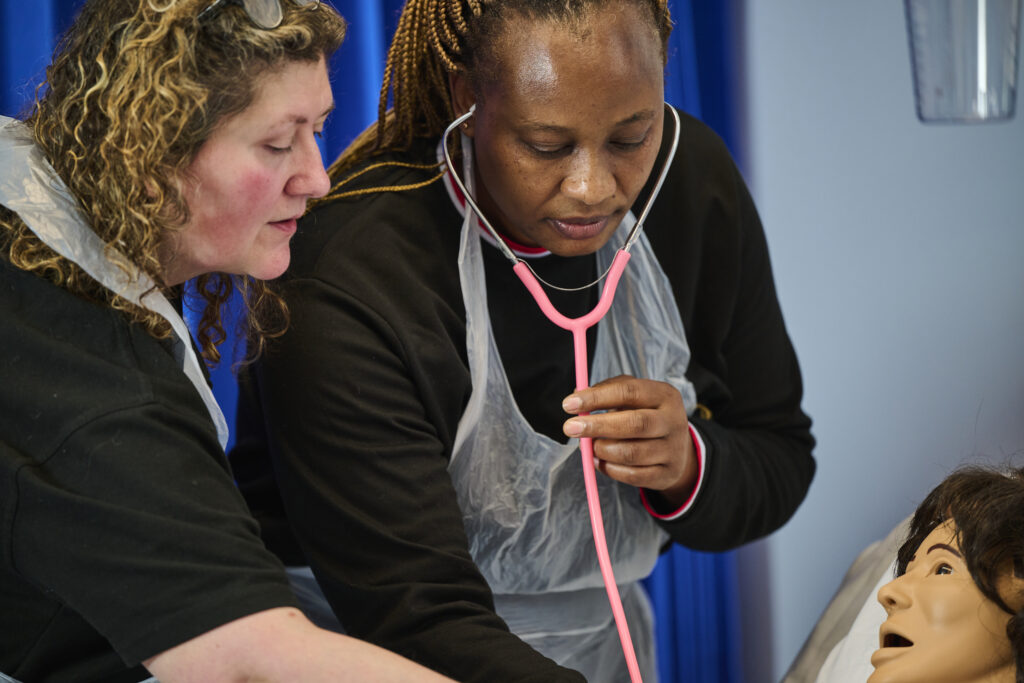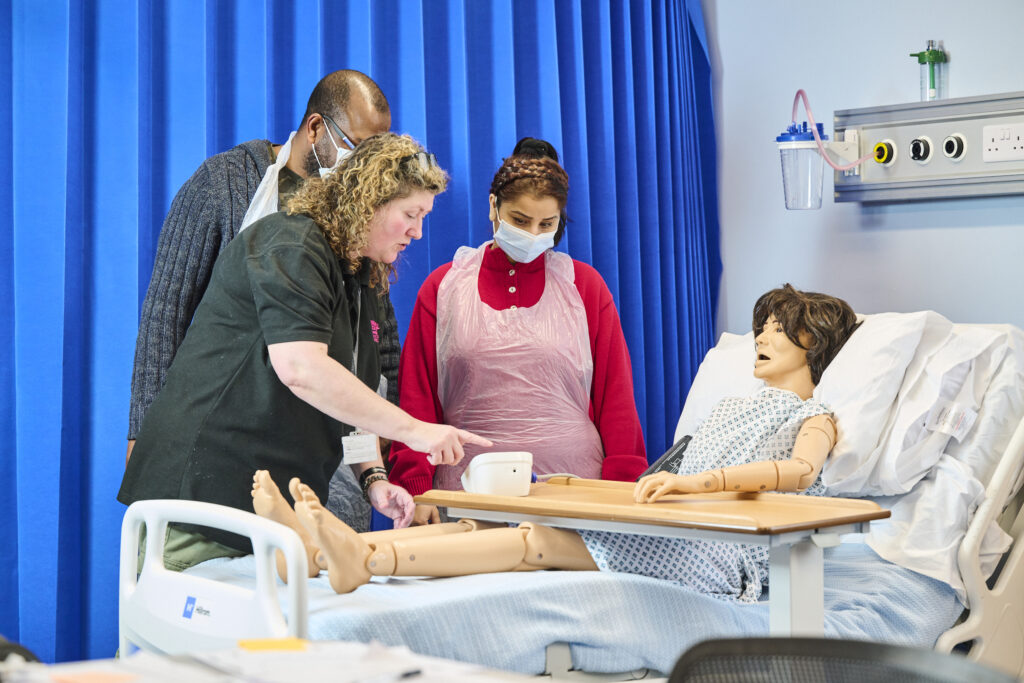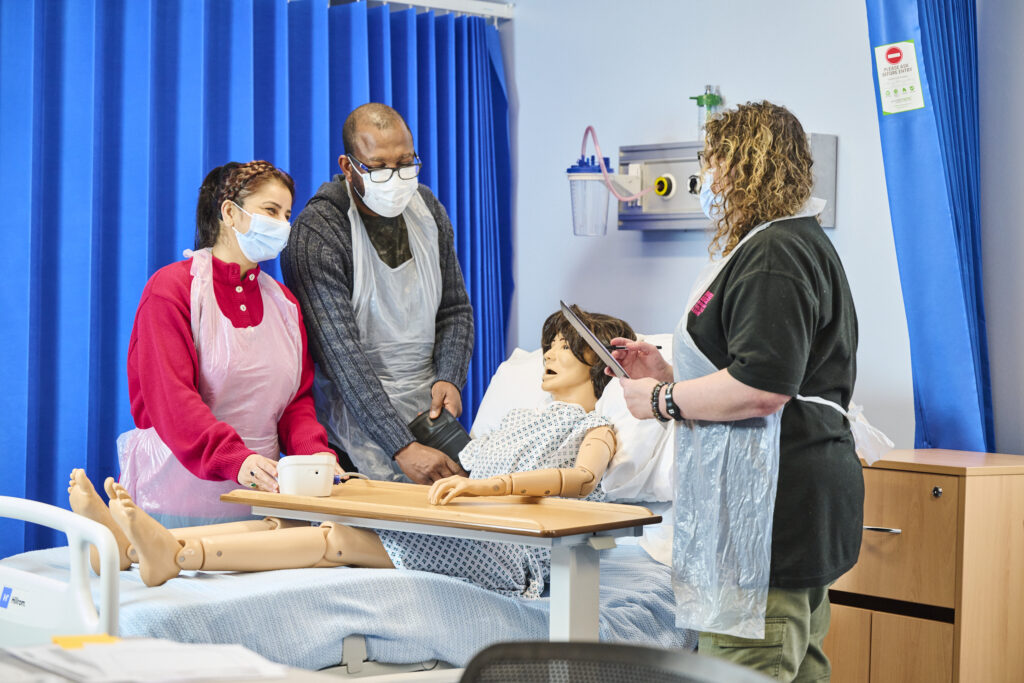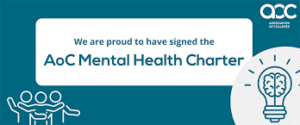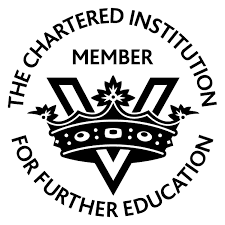- What does the course involve? What are the units?
Blended course – You will have the opportunity to come into college for ‘drop-in’ support sessions with your specialist tutor who can provide guidance and support with your assignments and access remote support during the working week.
Your study materials, resources, textbooks and assignments are provided and supported using the Moodle platform, with ongoing support from the experienced and subject specialist Access to HE curriculum team.
COURSE UNITS:
Unit 1: Researching and Understanding Opportunities in Higher Education
Upon successful completion of this unit, you will:
· Understand the range of opportunities available in Higher Education.
· Understand the advantages and disadvantages of choosing a particular Higher Education opportunity.
· Be able to action plan for the development of career related abilities and skills.
· Understand the importance of broader life experiences and transferable skills in relation to progression to Higher Education.
Unit 2: Academic Writing Skills
Upon successful completion of this unit, you will:
· Be able to structure a written response
· Be able to develop a structured response to a plan
· Be able to present the response appropriately for audience and purpose
· Understand how to apply academic writing principles to own work
Unit 3: Perspectives in Psychology
Upon successful completion of this unit, you will:
- Understand different psychological perspectives
- Understand the differences between alternative psychological perspectives
- Be able to apply psychological perspectives to contemporary issues in psychology
Unit 4: Crime and Society
Upon successful completion of this unit, you will:
- Understand crime and deviance
- Understand crime statistics
- Be able to evaluate theoretical explanations of crime
- Know social and cultural patterns of crime and criminality
Unit 5: Theoretical Approaches to Criminology
Upon successful completion of this unit, you will:
- Understand theories of crime
- Analyse the similarities and differences between theories of crime
- Evaluate the usefulness of theories of crime
Understand the importance of biological, psychological and sociological influences on crime
Unit 6: Biopsychology: Behaviour and the Brain
Upon successful completion of this unit, you will:
- Understand the concept of localisation of function
- Be able to evaluate methods of investigating the relationship between the brain and behaviour
- Understand the interaction between the brain and behaviour
Unit 7: Biopsychology: Behaviour and Drugs
Upon successful completion of this unit, you will:
- Know how neurotransmitters in the brain control behaviour.
- Understand the effects of psychoactive drugs on behaviour
- Be able to evaluate the role of drugs in the treatment of psychological disorders. patterns of crime and criminality
Unit 8: Cognitive Psychology
Upon successful completion of this unit, you will:
- Understand theories relating to cognitive psychology
- Be able to evaluate the contribution of cognitive psychology research to our understanding of various cognitive processes
- Be able to apply cognitive psychology theories to real-world situations.
Unit 9: Psychological Disorders and Therapeutic Strategies
Upon successful completion of this unit, you will:
- Understand theoretical explanations for a psychological disorder
- Know the theoretical basis for different therapeutic strategies used in the treatment of psychological disorders.
Be able to evaluate the effectiveness of different treatments for psychological disorders
Unit 10: Developmental Psychology
Upon successful completion of this unit, you will:
- Be able to evaluate the nature/ nurture debate in developmental psychology.
- Understand early socialisation and the formation of attachment
- Understand cognitive development and the ways in which children process and use information
- Know the application of developmental psychology theories in the real world.
- Understand psychological changes that accompany ageing
Unit 11: Family
Upon successful completion of this unit, you will:
- Understand the relationship between the family and the wider society
- Understand role relationships within the family
- Be able to evaluate the influence of feminism on the study of the family
Unit 12: Values, Diversity and Rights
Upon successful completion of this unit, you will:
· Understand the concepts of prejudice, stereotyping and discrimination
· Understand the effects of discrimination on the individual
· Understand the current legislation which protects the rights of the individual
Unit 13: The Welfare State
Upon successful completion of this unit, you will:
· Understand the historical background to the foundation of the welfare state
· Understand the main welfare services available in contemporary British society
· Understand the differing ideologies of welfare
Unit 14: Social Inequality
Upon successful completion of this unit, you will:
- Understand the relationship between social differentiation and social inequality
- Understand the main theoretical perspectives on social inequality
- Be able to analyse and evaluate how class, gender and ethnicity influence opportunities available to people.
Unit 15: Poverty in Contemporary Britain
Upon successful completion of this unit, you will:
- Be able to evaluate definitions and theoretical explanations of poverty.
- Understand the historical context and changes in poverty in Britain.
- Be able to evaluate recent policies for tackling poverty in Britain
|



